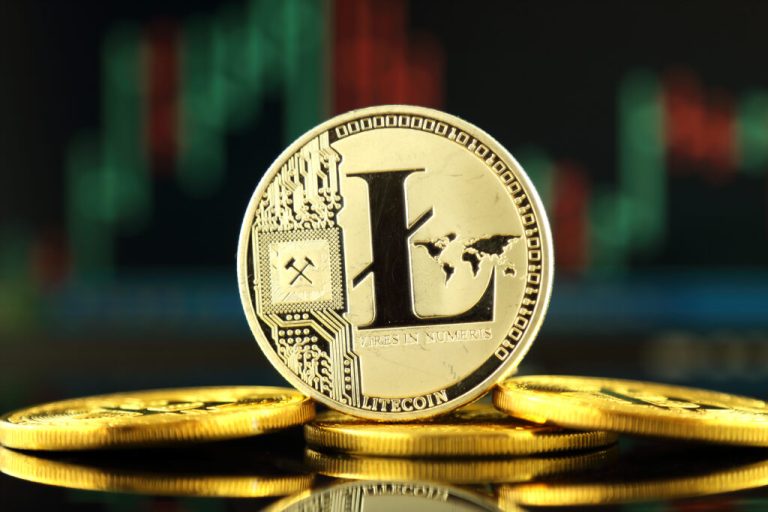
The Future of Sustainable Watchmaking Practices: Crafting Timepieces with a Conscience
Takeaways:
- The watch industry is increasingly adopting sustainable practices to reduce environmental impact.
- Innovations in materials and technology are paving the way for eco-friendly timepieces.
- Consumer demand for ethical and sustainable products is influencing brand practices.
- Collaboration and transparency are essential for creating a sustainable watchmaking ecosystem.
The watchmaking industry, long regarded for its craftsmanship and luxury, is undergoing a significant transformation driven by the urgent need for sustainability. As concerns about climate change and environmental degradation become more pressing, watch brands are increasingly adopting sustainable practices that prioritize ecological responsibility and ethical sourcing. In this blog post, we will explore the current trends and innovations shaping the future of sustainable watchmaking practices.
The Rise of Eco-Friendly Materials

For instance, some manufacturers are using recycled metals, such as stainless steel and gold, to create their timepieces. By sourcing these materials from recycled sources, brands can help reduce the demand for new mining operations, which are often damaging to the environment. Additionally, the use of biodegradable materials, such as bioplastics derived from renewable resources, is gaining traction in the industry. These materials not only minimize waste but also offer unique aesthetic qualities that appeal to consumers.
Furthermore, various brands are experimenting with innovative materials like wood and stone, which are often sustainably sourced and lend a unique character to each watch. The integration of these materials into luxury timepieces demonstrates that sustainability does not compromise quality or design, but rather enhances the overall narrative of the brand.
Ethical Sourcing and Fair Trade Practices

Brands that prioritize ethical sourcing often engage in transparent practices that allow consumers to trace the origins of their products. This level of transparency not only builds trust with customers but also encourages other companies to adopt similar practices. As consumers become more informed about the implications of their purchases, they are more likely to support brands that align with their values.
Moreover, collaborations between watch brands and environmental organizations are becoming more common. By partnering with NGOs, watchmakers can contribute to conservation efforts and promote sustainable practices across the industry. These partnerships not only enhance brand reputation but also foster a sense of community around shared values.
Innovation Through Technology

Additionally, the rise of smartwatches has introduced new opportunities for sustainability. Many smartwatches incorporate features that promote a sustainable lifestyle, such as tracking carbon footprints or providing information on sustainable practices. By integrating technology into traditional watchmaking, brands can appeal to a younger, environmentally-conscious audience.
As the demand for sustainable products continues to grow, brands are also investing in research and development to explore new technologies that can further enhance sustainability. From renewable energy sources to innovative recycling methods, the future of sustainable watchmaking is bright with potential.
Consumer Demand and Market Trends

This growing consumer demand is prompting watch brands to innovate and adapt their practices. Many brands are now incorporating sustainability into their marketing strategies, highlighting their eco-friendly initiatives and ethical practices. By doing so, they not only attract conscientious consumers but also differentiate themselves in a crowded marketplace.
Moreover, the emergence of second-hand watch marketplaces is a testament to this shift. Consumers are now more willing to purchase pre-owned timepieces, which reduces the demand for new watches and extends the lifecycle of existing products. This trend not only benefits the environment but also aligns with the values of sustainability and conscious consumption.
Conclusion








